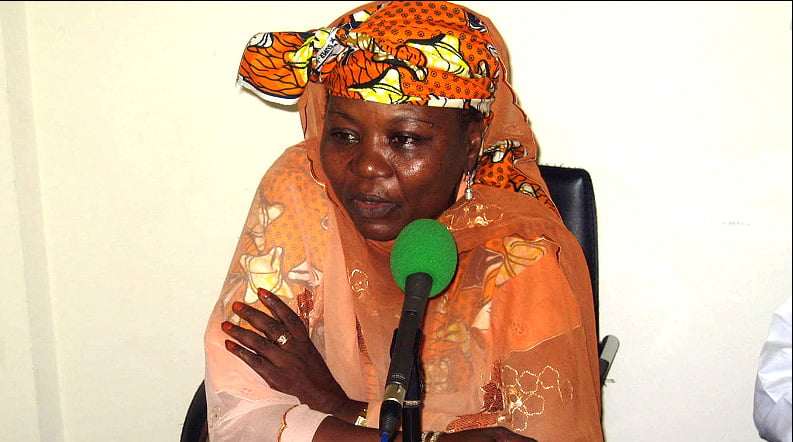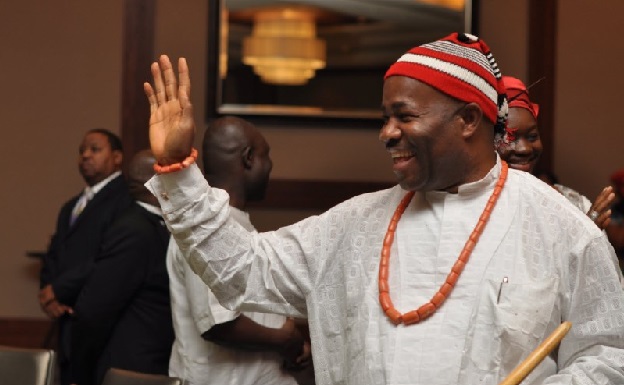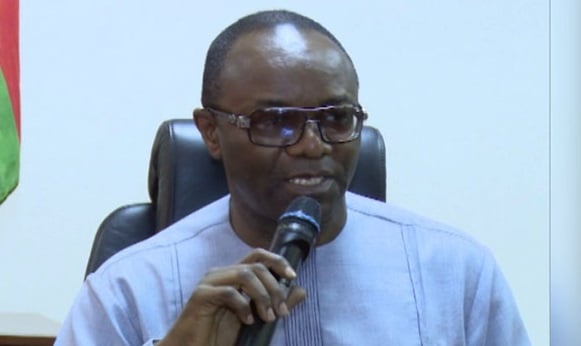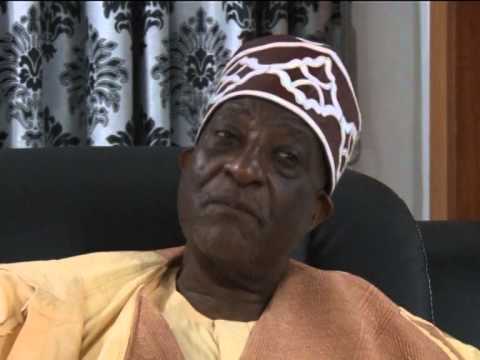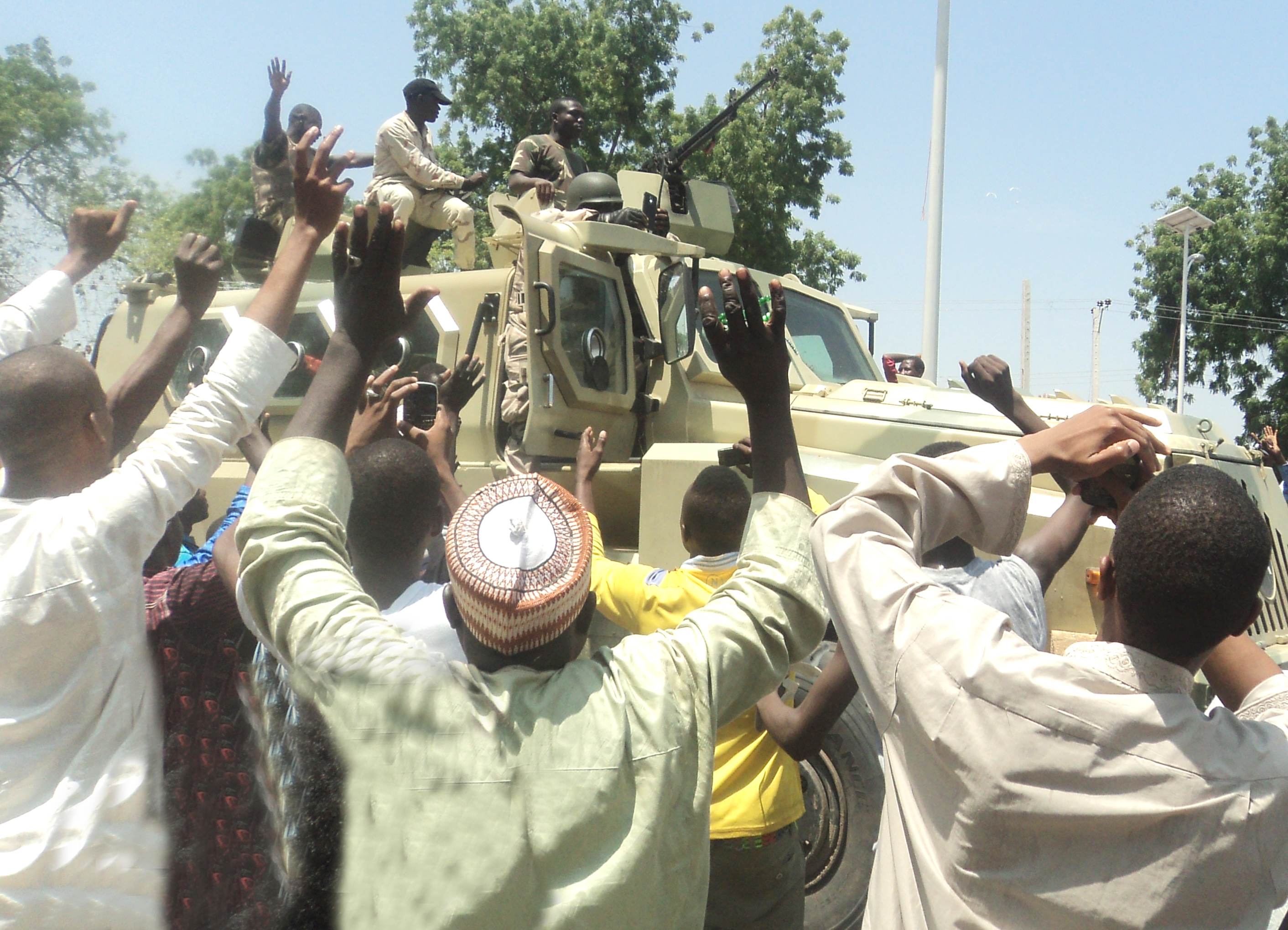Bilkisu Yusuf, the most prominent female journalist of northern origin, and Tijjani El Miskin, an authority in Islamic scholarship, were among the Nigerians killed in the hajj tragedy on Thursday.
The pilgrims had assembled in Mina, outside Mecca, to throw pebbles at one of three walls representing Satan, the symbolic ‘stoning of the devil’.
The exercise holds on the last day of the pilgrimage but the stampede which occurred this year led to the death of 717 people and injuries of 863.
As at Friday morning, over 100 Iran citizens have been confirmed dead in the disaster. Other countries are still counting their losses.
Advertisement
BILKISU YUSUF: THE TRAIL BLAZER AND ACTIVIST
A graduate of political science from the Ahmadu Bello University, Zaria, Yusuf had master’s degree, also in political science from the University of Wisconsin.
She studied journalism at the Moscow Institute for Journalism and International Relations and earned an advanced diploma in journalism and international relations.
Advertisement
She also worked as the first female editor of different newspapers, including Sunday Triumph, New Nigerian and Citizen magazine. Yusuf was also a columnist for Daily Trust and Leadership newspapers.
She was a founding member of several non-governmental organisations, including Women in Nigeria (WIN), the Federation of Muslim Women’s Associations in Nigeria (FOMWAN) and Advocacy Nigeria.
TIJJANI EL MISKIN: SCHOLAR OF INTERNATIONAL REPUTE
El Miskin (pictured, right) was until his death the chairman of the Borno state pilgrim board. He was also the executive secretary of the Nigerian Arabic Language village in Ngala, Borno state. A lecturer in the University of Maiduguri, in 2013, El Misikin lost out in his bid to be the vice-chancellor of the institution.
Advertisement
He was also the deputy secretary-general, Nigerian Supreme Council for Islamic Affairs (NSCIA).
At a special Ramadan lecture in 2013, the deceased called for unity.
“We must be organised and speak with one voice in other to attain our worthy position in the scheme of things both in this country and the world in general,” a publication quoted him as saying.
Some of his works are, Nigerian Studies in Religious Tolerance; Research Guidelines for the Project on History and Development of Qurʼanic education in Borno since the Eleventh Century; The Kayawar in the Context of the Epic Tradition and Authorial Disavowal as Negotiation of Textuality Towards a Theory of Originary Discourse.
Advertisement
Add a comment

